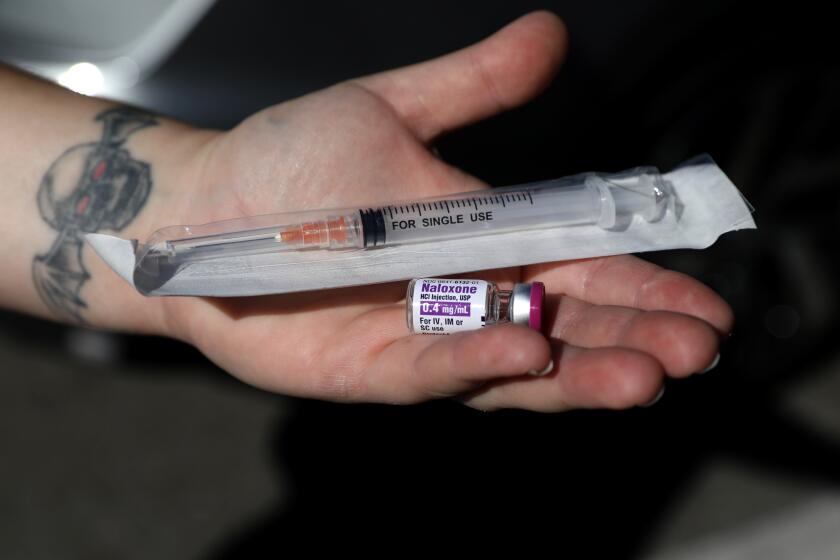African plant may help fight obesity
Hoodia gordonii is new to the U.S. market, but it’s an old friend of the Kalahari desert’s San people. They rely on the plant for food on long hunting trips. Researchers say the bitter-tasting succulent reportedly tells neurons in the brain to start firing “full-stomach” signals, thereby curbing appetite. For the San, that means a much lighter food load to carry. For Americans, it means a potential weight loss supplement.
*
Uses: Often hailed as the new cure for obesity, Hoodia gordonii (often called hoodia) is taken in attempts to control appetite and shed pounds.
Dose: Some users say that several bites of the raw plant can quell hunger for up to a day. According to some supplement manufacturers, the usual dose in pill form is two to four capsules a day before meals for two weeks, and then one capsule a day after that.
Precautions: The supplements have not been well studied, but so far the plant doesn’t appear to cause any side effects. Read labels carefully when buying supplements; experts say many hoodia products don’t contain the plant at all.
Research: Animal studies provide support for the claim that hoodia cuts back on hunger. In lab testing, which has been done in Africa for decades, scientists have isolated one compound in the plant, called P57, and are beginning to show how it interacts with the nervous system to create a feeling of fullness. Human testing began more recently. In a preliminary study sponsored by Phytopharm, a British pharmaceutical company with a patent on P57 for weight loss, obese subjects who took Hoodia gordonii supplements for two weeks ate about 1,000 fewer calories a day than those not taking the supplements.
Dietary supplement makers are not required by the U.S. government to demonstrate that their products are safe or effective. Ask your healthcare provider for advice on selecting a brand.
*
-- Elena Conis



